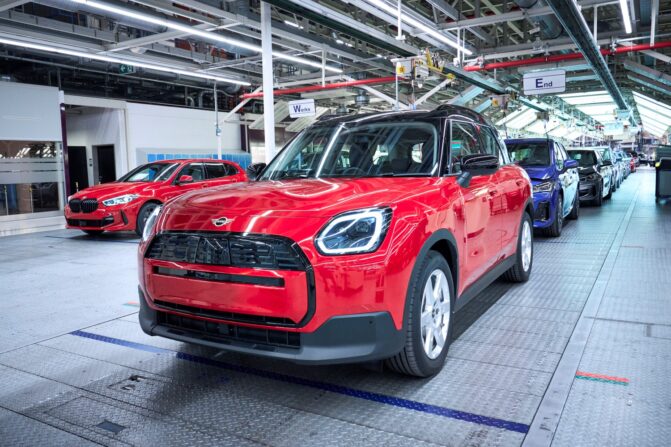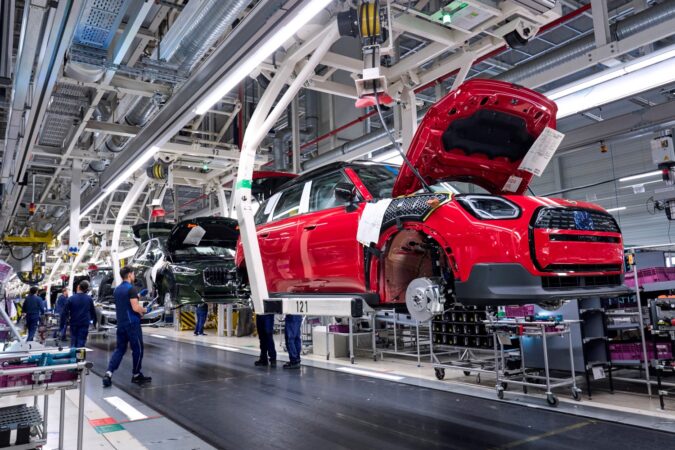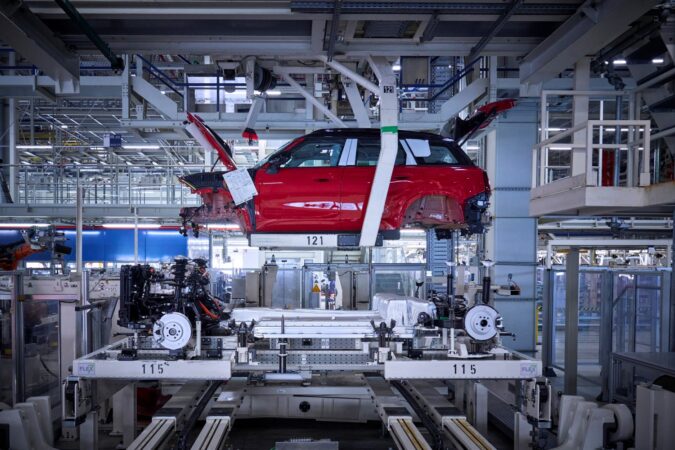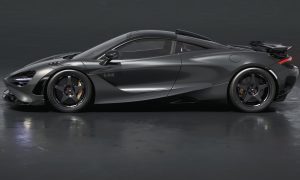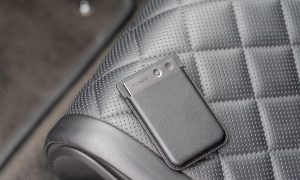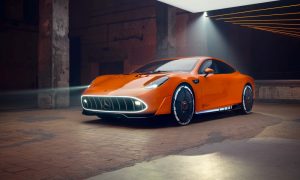The Dawn of a New Electric Era
BMW Group’s Plant Leipzig is revving up its commitment to electric mobility, marking a significant milestone with the introduction of the all-electric MINI Countryman to its production line. This move comes four months after the launch of its combustion-engine sibling and signifies a broader shift towards electrification, a goal BMW aims to achieve by 2030.
The electric Countryman is not just any addition; it embodies the electrified essence of go-kart fun mixed with zero-emission travel, available in two variants to cater to different power needs and preferences.
Plant Leipzig: A Symphony of Flexibility and Innovation
The Leipzig plant, a beacon of automotive innovation since its inception, continues to evolve. With a hefty investment of 1.6 billion euros, BMW has significantly expanded the facility’s capabilities.
This investment underscores BMW’s commitment to meeting the surging demand for its vehicles and components, allowing for an increased production capacity of up to 350,000 units annually. The introduction of flexible production systems enables the plant to swiftly adapt to market demands, showcasing BMW’s innovative approach to manufacturing.
Night Shifts and New Jobs: Boosting Production and Employment
In an industry where demand dictates the pace, Plant Leipzig is set to increase its output substantially, expecting to roll out nearly 500 MINI Countrymans daily. This boost in production is accompanied by the creation of up to 900 new jobs, highlighting BMW’s role as a significant employer in the region.
The initiation of night shifts is a testament to the plant’s growth and commitment to meeting the high demand for BMW and MINI vehicles.
Revolutionising Battery Production
At the heart of the electric vehicle evolution is the production of high-voltage batteries, and the Leipzig Plant is at the forefront of this transformation.
The facility now encompasses the entire Gen 5 high-voltage battery production process, signifying a critical step towards self-reliance in battery manufacturing. This capability is pivotal for the MINI Countryman Electric and underscores BMW’s dedication to advancing e-mobility.
Pioneering Sustainable Manufacturing Practices
Sustainability is at the core of BMW’s manufacturing ethos, and the Leipzig Plant is leading the charge with its innovative painting processes. The introduction of overspray-free painting techniques not only conserves resources but also significantly reduces CO2 emissions.
Additionally, the shift towards bivalent burner technology for drying paint marks a leap towards decarbonising production processes, aligning with BMW’s vision of a greener manufacturing landscape powered by green hydrogen.
Embracing the Future with Green Hydrogen
The shift towards using green hydrogen as a primary energy source in manufacturing processes exemplifies BMW’s forward-thinking strategy.
With plans to decarbonise production to the greatest extent possible, Leipzig Plant’s transition to hydrogen-powered operations is a bold step towards a sustainable automotive future. This initiative, coupled with the region’s plans for a hydrogen grid, positions BMW as a pioneer in the quest for cleaner, more sustainable manufacturing practices.
BMW Group’s Plant Leipzig is not just manufacturing cars; it’s crafting the future of mobility. With its eye firmly on electrification, sustainability, and innovation, BMW is steering towards a future where driving pleasure meets environmental responsibility.
The journey towards electrification is well underway, and Plant Leipzig is leading the charge, one electric MINI Countryman at a time.

